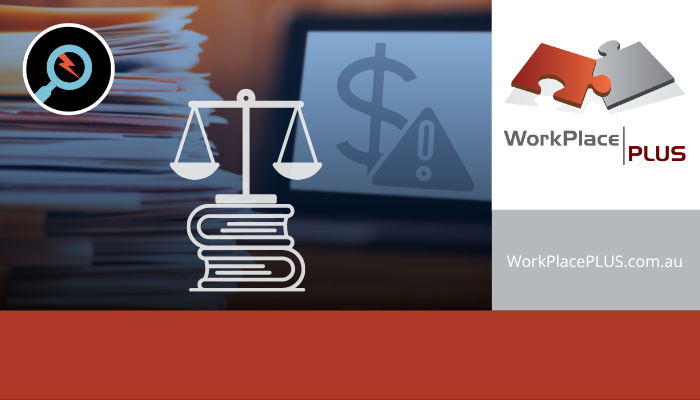What is procedural fairness?
- Jul 19, 2023
- 2 min read
Updated: Dec 9, 2024

By Anna Pannuzzo, WorkPlacePLUS
An extended version of this article was originally published in Speak Out Magazine
Proper handling of workplace issues
“Procedural fairness” is the best practice way of handling workplace conflict.
Following procedural fairness is not only ethical, it also helps mitigate business risk. The Courts, WorkCover and tribunals such as the Fair Work Commission will look more favourably upon an employer who has tried to follow best practice standards, such as procedural fairness, when addressing workplace issues and employment matters.
Key elements of procedural fairness for workplace issues:
➤ Take staff seriously – respect their questions, concerns, complaints or feedback.
➤ Respond in a timely manner – always address issues without delay, never ignore workplace issues.
➤ Investigate any allegations, concerns or assumptions – do your due diligence, engage in fact-finding, collect evidence, take notes.
➤ Treat the investigation fairly and confidentially – follow the rules of evidence such as relevance and accuracy, and try to remain objective. In some cases, an independent investigator is the best option.
➤ Schedule a meeting and give the employee a chance to prepare – when planning to discuss an important matter, give plenty of prior notice and be transparent about the reason for meeting. Employees must be told about the issue or concern and be given enough information to be able to participate meaningfully in the discussion and decision-making process.
➤ Offer the option of bringing a support person – employees have a right to bring a support person to the meeting e.g. a friend, relative or colleague.
➤ Explain any concerns to the employee – without making accusations or assumptions.
➤ Offer time to respond – employees have a right to respond and to voice their concerns, but they also have the right to take some time to consider their response.
➤ Provide a timeframe for any decisions – discuss and agree on the next steps, which may include scheduling a follow up meeting, investigating further or explaining what’s involved in a performance management process.
It is important that employers take care of their employees and comply with their own HR policies and processes, such as their Complaints & Grievances Policy, Performance Management Policy and Code of Conduct & Ethics. Reviewing and revising the key elements of procedural fairness will further support employers to make best practice decisions when issues or concerns arise.
For more information, please contact us today.



